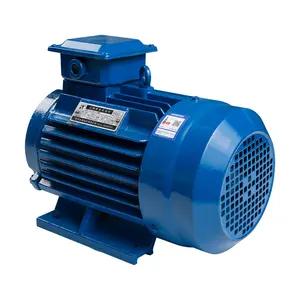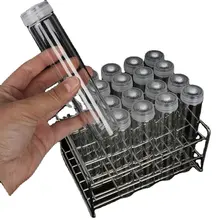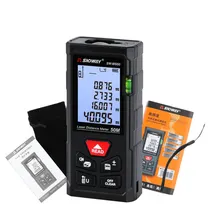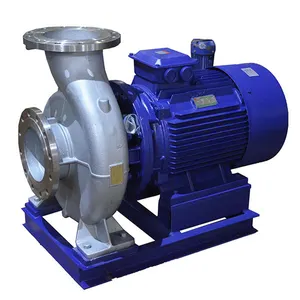Introduction to Electric Motor Centrifuges
Electric motor centrifuges are essential instruments in various scientific and industrial fields, designed to separate components of different densities within a liquid by spinning at high speeds. This category encompasses a range of devices from laboratory centrifuges to specialized models used in clinical and research settings.
Types and Applications
The versatility of electric motor centrifuges is reflected in their types and applications. Users can select from benchtop centrifuges, which are ideal for routine laboratory work, or opt for industrial centrifuges that cater to high-volume processing needs. These devices are pivotal in fields such as biochemistry, molecular biology, and medicine, where they facilitate tasks like sample preparation and diagnostics.
Features and Materials
A key aspect of electric motor centrifuges is their features and construction materials. With safety and durability in mind, these centrifuges are often made with robust materials like reinforced steel and high-grade plastics. Advanced models may include features such as temperature control, variable speed settings, and programmable operation to enhance their functionality and adaptability to specific tasks like blood separation or microbial culture concentration.
Advantages of Modern Centrifuges
Modern electric motor centrifuges offer several advantages, including improved efficiency and precision. Enhanced rotor mechanisms and motor designs contribute to better performance, while user-friendly interfaces ensure ease of use. These centrifuges are designed to meet the rigorous demands of contemporary laboratories, providing reliable and reproducible results.
Choosing the Right Centrifuge
Selecting the right electric motor centrifuge involves considering the specific needs of an application. Factors such as sample volume, required g-force, and rotor type are critical. Prospective buyers can utilize filtering options to find a centrifuge that aligns with their application requirements and operational budget, ensuring they acquire a suitable device for their laboratory or industrial processes.
Conclusion
In conclusion, the electric motor centrifuge is a pivotal tool in the modern scientific and industrial landscape. With a comprehensive range of types and models available, these centrifuges cater to a broad spectrum of separation tasks. By understanding the features, materials, and advantages of these devices, buyers can make informed decisions to meet their specific application needs.































 浙公网安备 33010002000092号
浙公网安备 33010002000092号 浙B2-20120091-4
浙B2-20120091-4